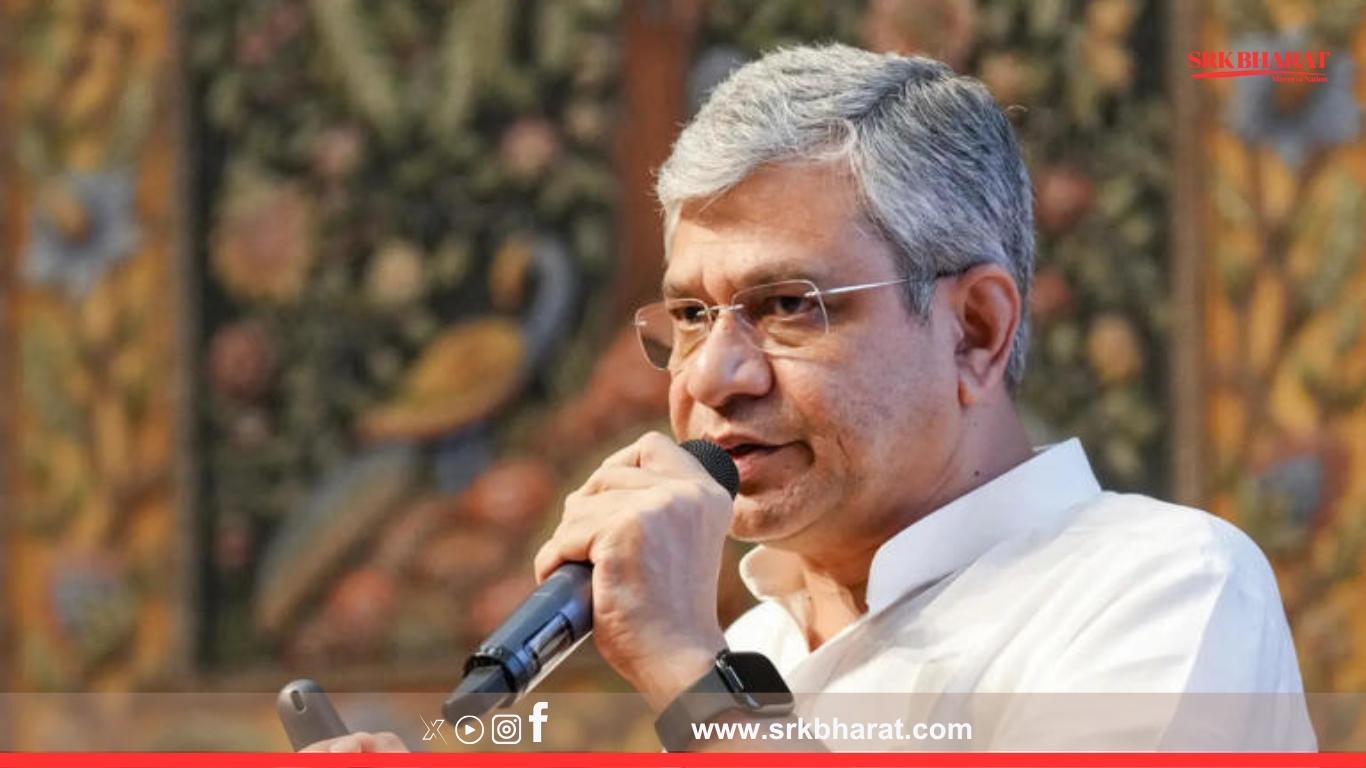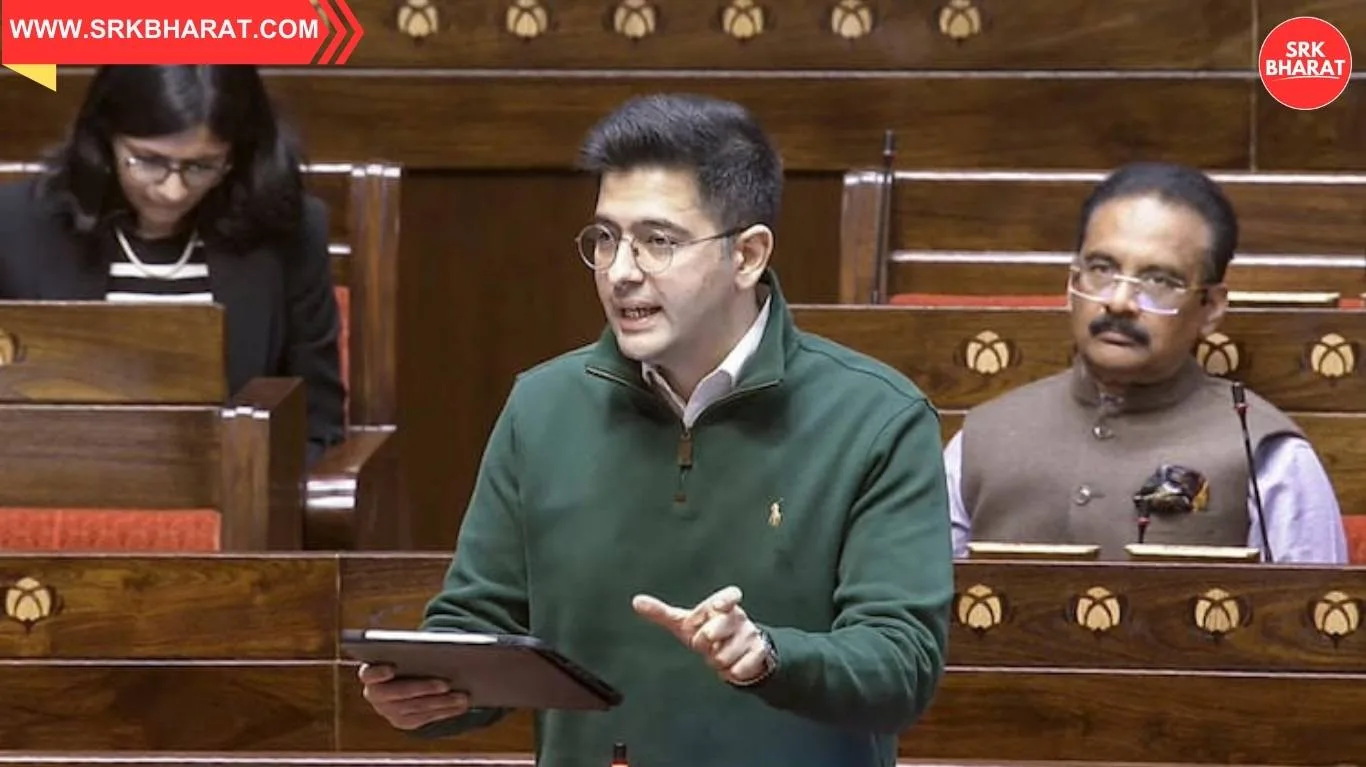India’s technology and startup ecosystem witnessed two significant developments this week. Union Minister Ashwini Vaishnaw asserted that India is on track to become a global leader in tech manufacturing, while leading startups urged the government to streamline Aadhaar authentication access to accelerate their growth and financial inclusion initiatives.
Vaishnaw’s vision for India’s tech manufacturing revolution
Speaking at the India Global Technology Forum, Vaishnaw highlighted how India has successfully laid the foundation for becoming a semiconductor, electronics, and telecom manufacturing hub. His remarks came as semiconductor major Micron and Apple’s component suppliers expand their operations in the country.
“Our aim is clear – India should not remain just a consumer of global technology. We must become producers, innovators, and exporters of the world’s most advanced tech products,” Vaishnaw said.
Key highlights of his address:
- Semiconductor progress: The government has received multiple proposals for semiconductor fabrication units and packaging plants under its ₹76,000 crore incentive scheme. Micron’s facility construction is progressing swiftly in Gujarat.
- Mobile manufacturing success: India has already become the second-largest mobile manufacturing country globally, with production exceeding 30 crore units annually.
- Telecom equipment manufacturing: Indigenous development of 4G and 5G stack has been completed, with plans for export of telecom gear to Africa, Southeast Asia, and Latin America.
- AI and next-gen tech focus: India is launching a comprehensive AI Mission to catalyse development of compute infrastructure, datasets, and sectoral AI solutions.
Roadmap for tech manufacturing growth
Vaishnaw emphasised that India’s tech manufacturing journey will be driven by:
- PLI (Production-Linked Incentive) schemes expansion to include emerging areas like green hydrogen electrolysers, EV batteries, and drones.
- Strengthening research-commercialisation linkages through collaborative semiconductor design, materials science, and quantum computing hubs.
- Ease of Doing Business 2.0, addressing local licensing bottlenecks, import-export clearances, and compliance overlaps that delay large tech investments.
- Workforce skilling under Skill India to prepare 10 lakh engineers and technicians for semiconductor fabs and advanced electronics by 2030.
Startups urge streamlined Aadhaar authentication
On the sidelines of the Tech Forum, multiple startup founders raised concerns about delays and restrictions in accessing Aadhaar authentication services, which are critical for digital onboarding, financial inclusion, and KYC compliance.
Key demands by startups:
- API access simplification: Many fintech, healthtech, and edtech startups struggle with high costs and technical barriers in integrating Aadhaar authentication APIs.
- Level playing field: Startups argue that large incumbents have easier access, creating an uneven digital growth environment.
- Faster approvals: Approval timelines from UIDAI often extend to 4-6 months, delaying product launches and onboarding cycles.
- Support for e-KYC innovations: Startups highlighted the potential of Aadhaar-based e-sign, e-mandate, and consent-based data sharing for inclusive economic growth.
Why Aadhaar remains critical for startups
| Use Case | Impact |
|---|---|
| Digital KYC | Enables instant onboarding of customers for banking, NBFCs, insurance, and mutual funds |
| Subsidy delivery | Helps AgriTech and HealthTech startups target verified beneficiaries efficiently |
| Fraud prevention | Aadhaar authentication reduces identity fraud in fintech and gig economy platforms |
| Ease of compliance | Ensures regulatory adherence under RBI and SEBI KYC norms |
Government response to Aadhaar plea
Vaishnaw assured the startup community that the government is working on:
- API pricing rationalisation to ensure affordability for startups.
- Developing a new consent-based data access framework under Digital Personal Data Protection Act implementation.
- Setting up a dedicated UIDAI-startup interface desk for faster onboarding and issue resolution.
- Expanding offline Aadhaar verification capabilities to reduce dependency on real-time API calls in low-connectivity areas.
“We want our startups to build for Bharat seamlessly. Aadhaar is a national digital asset, and the government will ensure it empowers innovation while protecting user privacy,” Vaishnaw said.
Industry and expert reactions
NASSCOM President Debjani Ghosh welcomed Vaishnaw’s tech manufacturing roadmap, stating:
“Semiconductors, electronics, and AI will define India’s economic destiny this decade. A predictable policy regime and fast-tracked approvals will be critical.”
Razorpay Co-founder Harshil Mathur tweeted:
“Great to hear Minister Vaishnaw’s proactive approach on Aadhaar API issues. Startup ease of integration is crucial for financial inclusion goals.”
Policy expert Reetika Khera, however, cautioned:
“While Aadhaar is useful for digital verification, safeguards against exclusion errors and privacy breaches must remain paramount.”
Startups’ proposed solutions to Aadhaar integration challenges
Startups have submitted a joint memorandum to the Ministry of Electronics and Information Technology (MeitY) suggesting:
- Sandbox model for startups to test Aadhaar-based services before commercial rollout.
- Tiered pricing structure, making it cheaper for early-stage startups with limited user volumes.
- Dedicated startup API bundles, with simplified documentation and direct support channels.
- Enabling offline Aadhaar XML or QR code-based verification at scale to reduce authentication failures.
The broader picture: India’s digital growth momentum
India’s digital economy is projected to grow from ~$250 billion currently to over $1 trillion by 2030, driven by:
- Over 1,00,000 DPIIT-recognised startups across fintech, edtech, healthtech, agritech, AI, and SaaS.
- Rapid 5G rollout and affordable data costs, empowering rural and semi-urban digital adoption.
- Government’s Digital Public Infrastructure push including ONDC, Account Aggregator, and UPI expansion.
- Growing domestic tech manufacturing ecosystem reducing import dependence and enhancing strategic security.
Future outlook
Vaishnaw concluded his keynote with an optimistic vision:
“India is at an inflection point. Our young innovators, robust digital infrastructure, and strong policy intent will make us a global technology and manufacturing leader by 2030.”
Startups, meanwhile, await swift Aadhaar integration reforms to unlock frictionless user onboarding and inclusion-driven growth in the months ahead.
Disclaimer: This news article is for informational purposes only. It includes official public statements, industry demands, and policy proposals discussed in open forums. Implementation timelines and policy outcomes remain subject to government notifications and regulatory processes.












melbet официальный сайт melbet официальный сайт .